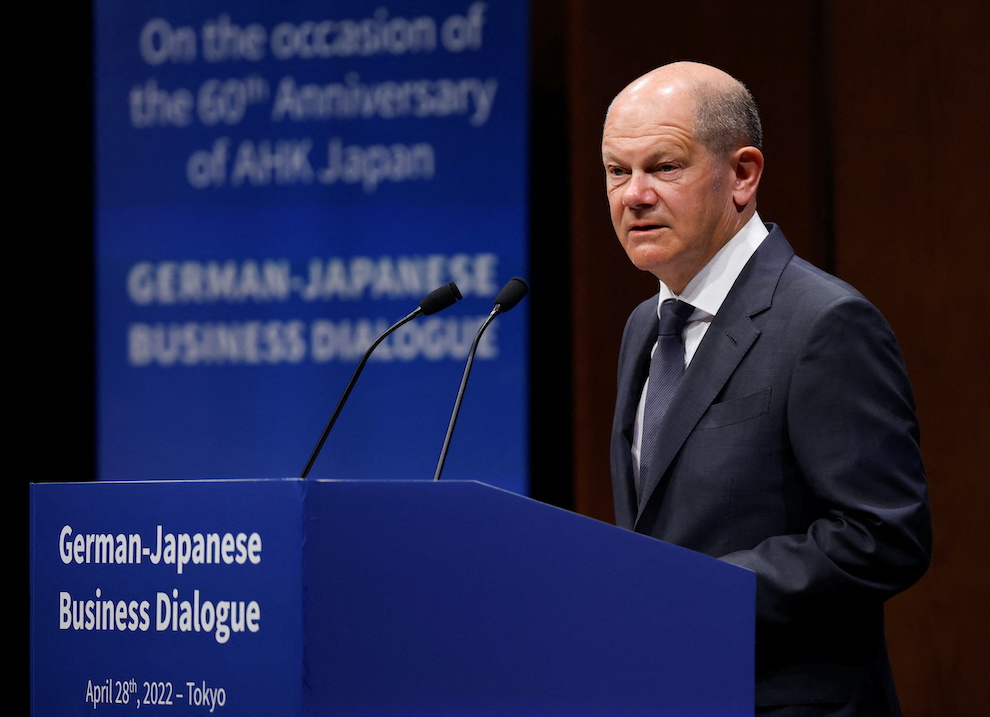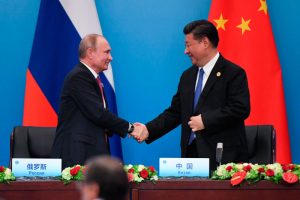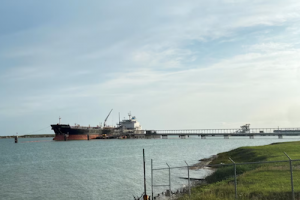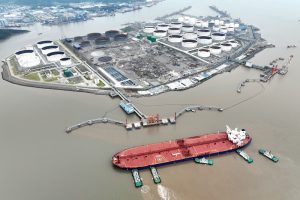The impact of the war in Ukraine on Germany was evident yesterday in the decision by Chancellor Olaf Scholz to visit Japan – an ally – in his first official trip to Asia.
Germany, he said, is seeking closer ties with countries that share its democratic values in the Asia-Pacific region, such as Japan, Australia, South Korea and India.
The Ukraine crisis, which has highlighted Germany’s energy reliance on Russia, is spurring Berlin to take security risks more into account in its foreign and trade policy and to strengthen ties with allies.
The first trip of his predecessor Angela Merkel to Asia was to Communist-run China, which has refrained from criticising Moscow over its invasion of Ukraine, unlike Tokyo.
Merkel had visited China twice as often as she did Japan, with German companies benefiting from booming Chinese economic growth.
“It is no coincidence that my first trip as chancellor to this region has led today here, to Tokyo,” he said at the German Chamber of Commerce and Industry in Japan.
The visit comes during intense deliberations in Berlin over weapons deliveries to Ukraine and the upgrading of Germany’s military.
‘A Cleverer Globalisation Needed’
Scholz warned that Russia’s attack on Ukraine – that Moscow calls a “special operation” to disarm the country and protect it from fascists – could strengthen a trend of deglobalisation.
This, however, was “not an option, especially not for open, free trade nations like Germany and Japan,” he said, warning against protectionism.
“What we need instead is a different globalisation, a cleverer globalisation,” he said.
Later on Thursday, Scholz is set to discuss the Group of Seven industrialised nations’ (G7) position on Russia with Japanese Prime Minister Fumio Kishida.
At the commerce chamber, he said a strong German military was needed to deter a Russian attack, and criticised Russian President Vladimir Putin for clinging to the idea of a “forced peace” in Ukraine, which he said would not work.
• Reuters with additional editing by Jim Pollard
























